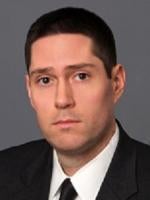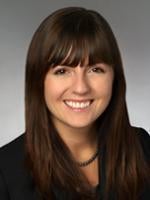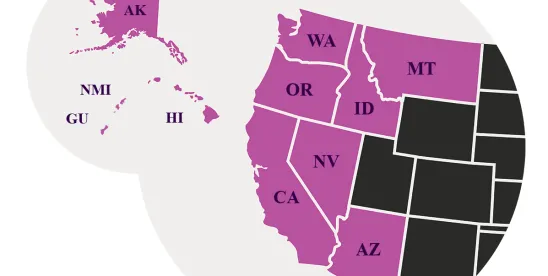Since the U.S. Supreme Court issued its decision in Facebook v. Duguid,1 district courts have wrestled with the language of one particular footnote that appears, at least on the surface, to suggest that equipment that randomly or sequentially generates the order in which to dial pre-populated phone numbers qualifies as an automated telephone dialing system, or autodialer.2 The majority of district courts have rejected this interpretation, but until recently, few circuit courts had weighed in.
In November, the Ninth Circuit became the second circuit court to definitively hold that to qualify as an autodialer, equipment must randomly or sequentially generate telephone numbers.3 In Borden v. eFinancial, LLC, the plaintiff provided his phone number online to receive an insurance quote. Afterward, he began receiving marketing text messages. Plaintiff brought a claim under the Telephone Consumer Protection Act (TCPA)4 based on eFinancial’s alleged use of an autodialer.5 Plaintiff argued that eFinancial used an autodialer because its equipment “used the sequential number generator to determine the order in which to pick the telephone numbers to be dialed from Defendant’s stored list[.]”6 The district court dismissed the complaint after ruling that eFinancial did not use an autodialer, and the Ninth Circuit agreed.
The court analyzed the structure of the TCPA and the definition of “automated telephone dialing system,” which describes autodialing equipment as having the capacity “(A) to store or produce telephone numbers to be called, using a random or sequential number generator; and (B) to dial such numbers.”7 The court determined that, in general, the TCPA uses the terms “telephone number” and “number” interchangeably, and the autodialer definition clearly used the term “number” to mean “telephone number.” The court reasoned that the phrase “using a random or sequential number generator” naturally modifies the phrase “to store or produce telephone numbers to be called.” This, the court determined, means that the “number” being generated refers back to a telephone number – not the number generated by the random or sequential number generator. The court further noted that the definition later uses the term “number” in the context of dialing the number, which would not logically refer to dialing a number that is just meant to organize and order phone numbers.
The court also considered the Facebook footnote and concluded that the plaintiff’s reading of the footnote “is an acontextual reading of a snippet divorced from the context of the footnote and the entire opinion.”8 The court explained that the footnote “merely addressed how an autodialer could both ‘store’ and ‘produce’ telephone numbers without rendering those two terms superfluous” and that “[n]othing in the opinion suggests that the [Supreme] Court intended to define an autodialer to include the generation of any random or sequential number.”9
The Borden decision, along with the Eighth Circuit’s decision in Beal v. Outfield Brew House, LLC, is another strike against plaintiffs’ attempts to expand the scope of equipment that constitute autodialers through the use of footnote 7 in the Supreme Court’s opinion. Given the sound reasoning in Borden, there is reason to hope that other circuit courts will issue similar decisions should the opportunity arise.
1 Facebook v. Duguid, 141 S.Ct. 1163 (2021).
2 Plaintiffs in TCPA violation actions have highlighted the language of footnote 7, in which the Court stated that “an autodialer might use a random number generator to determine the order in which to pick phone numbers from a preproduced list.” Id. at 1172 n.7.
3 Borden v. eFinancial, LLC, — 4th –, 2022 WL 16955661 (9th Cir. Nov. 16, 2022). The Court’s holding in Borden was telegraphed by the Court in the non-precedential case, Meier v. Allied Interstate LLC, D.C. No. 3:18-cv-01562-GPC- BGS, 2022 WL 171933 (9th Cir. Jan. 19, 2022). Additionally, in March 2022, the Eighth Circuit reached the same conclusion in Beal v. Outfield Brew House, LLC, 29 F.4th 391 (8th Cir. 2022).
4 47 U.S.C. § 227
5 Id. at. § 227(b)(1)(A).
6 Borden, 2022 WL 16955661 at *2.
7 47 U.S.C. § 227(a)(1)
8 Borden, 2022 WL 16955661 at *5.
9 Id.





 />i
/>i


